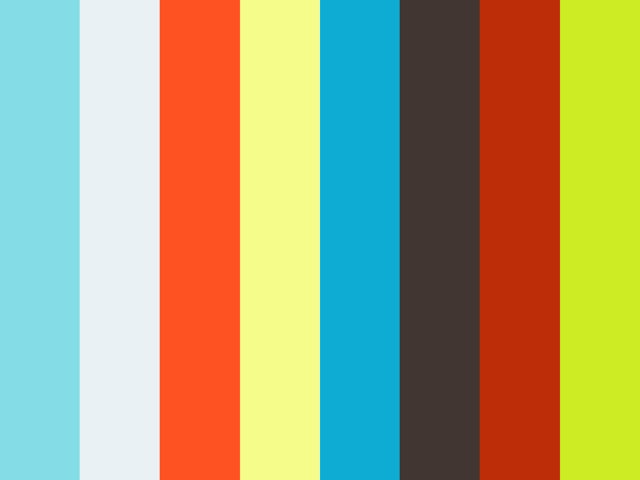UNDER THE GAZE
- Chloe Austin
- Nov 15, 2018
- 3 min read
This video piece was created for a presentation in my MFA course, Ulster University. It is based on Boris Groys' Under the Gaze of Theory. Especially focusing on his theories of seeing the self through the eyes of the Other. I have linked this text with Jacques Lacan's The Mirror Stage and John Berger's Ways of Seeing. The work explores myself as a subject to the gaze of critical theory. I speak on behalf of these theorists from a female point of view which becomes personal.
Since the beginning, the public have made its peace with art of their time. Today we will accept contemporary art even if we don't completely understand it. Theory opens up a perspective of art to become universal and not just a personal/local curiosity(1). That is the main reason behind the rise in theory. Groys explains the theory here "precedes art instead of coming after art", I have changed the word 'art' to 'me' to highlight the fact that I am the object here and my body is the art you are witnessing. I raise questions around the fragmented self which is portrayed on your screen, trying to connect the viewer with questions of their own identity (self).
Looking at Berger's theories on the self/female representation in art, the woman is the surveyor and the surveyed. "A woman has to survey everything she is and what she does because how she appears to others, ultimately how she appears to men"(2). The surveyor of the woman in herself is male: the surveyed female. The woman turns herself into an object. When he speaks of the history of European oil painting, it is brought to our attention that the subject (mainly a woman) is aware of being seen by a spectator. Hans Memling's painting, Vanity (1485), condemns the woman whose nakedness he had depicted for his own pleasure.
Looking at the "Summary of Lacan's The Mirror Stage as Formative of the Function of the I as Revealed in Psychoanalytic Experience." by Terry Gamel, the struggle with the idea of never having that unified self-image, only gaining knowledge of the self through the Other, is explained. Within the video, my image is only formed within a mirror, it is a fantasy, an unreal image that only seems real. Dr Allen Thiher, Professor of French Literature at the University of Wisconsin explains "the ego exists for us only in the apparent identifications the imaginary offers, while our authentic being is found in the absent world of signifiers, constituted by the Other, over which we have no control. In a sense, we live in fictions."(3) Basically, we have partially constructed our self-image with fantasy and will always remain in that fantasy. The irony of human development, then, is that we will forever remain broken, unable to fulfill our desire for rational order.
Back to Boris Groys, theory confronts us with the paradox of urgency. The image that theory offers to us is the image of our own death, of our mortality and lack of time. This may make us act now, but at the same time it can prevent us from making long term decisions and/or projects. We perform the image of life to demonstrate ourselves as living to the Other - but also to shield ourselves away from the "evil eye" as Lacan calls it, of the theorist. To hide behind our own image. Lacan belives that the understanding of The Mirror Stage can help aid in psychoanalysis, can help us figure out where we went wrong. The Mirror Stage can ask the patient proper questions, accompanying them on their journey but can't force that final discovery of self. That is the limit of psychology. According to Zuern, "we might say the patient comes to terms with desire rather than understanding it." (4)
Have you come to terms with desire rather than understanding it?
Have I offered up my femininity as the surveyed?
________________________________________________________________
(1) Groys, Boris (2012). Under the Gaze of Theory. E-flux Journal #35, May 2012.
(2) Berger, John, Ways of Seeing, 1972, p46
(3) Thiher, Allen.“A Skeptical Critique of Lacanian Poststructural Approach to Literary Theory.” Romance Quarterly42.2 (1995): 94
(4) Zuern, John.“Lacan: The Mirror Stage.” CriticaLink . University of Hawaii. Web. 10 Oct.2009. <http://www.english.hawaii.edu/criticalink/lacan/index.html>

















